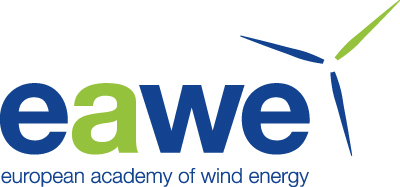Scheduled special issues
The following special issue is scheduled for publication in WES:
2025
17 Apr 2025–28 Feb 2026 | Alexandros Flamos (University of Piraeus, Greece), Konstantinos Chalvatzis (University of Exeter, United Kingdom), Yuka Kikuchi (The University of Tokyo, Japan), Malte Jansen (University of Sussex, United Kingdom), and Anastasia Ioannou (Technical University of Denmark, Denmark) |
Information
